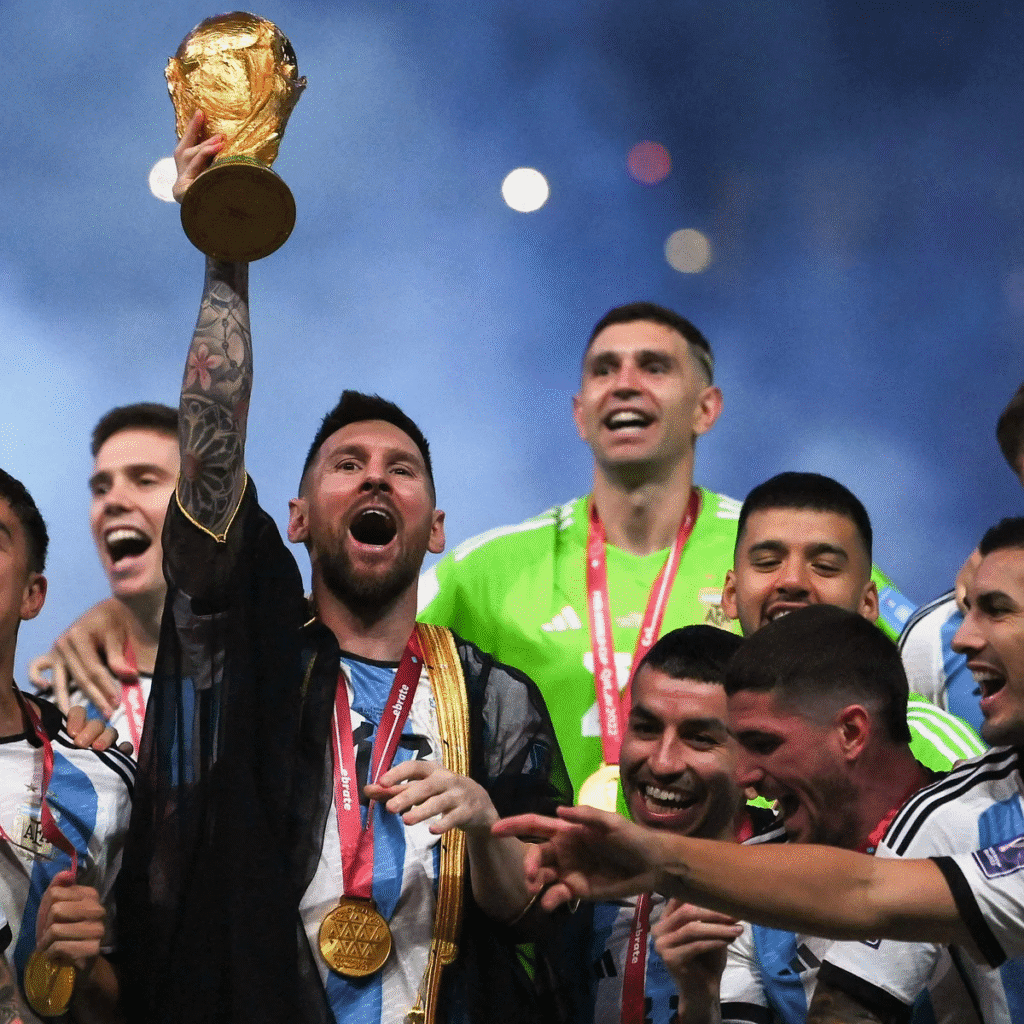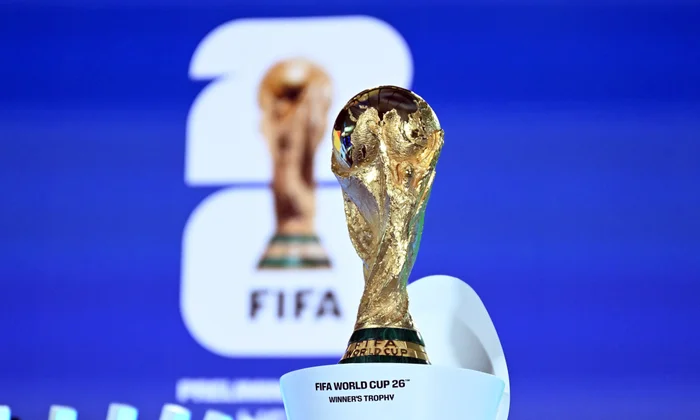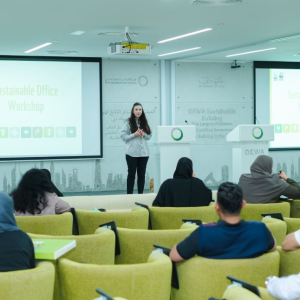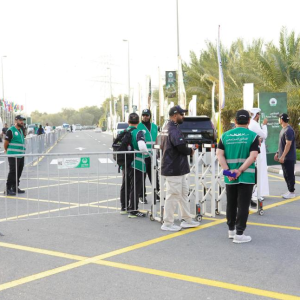FIFA is considering expanding the 2030 World Cup to include 64 teams, marking a historic moment for the tournament’s centenary. This potential move has generated widespread discussion, especially regarding the opportunities it could create for countries like the United Arab Emirates (UAE), which could benefit significantly from hosting matches or serving as a partner nation.
The Proposal: A Historic Expansion
The idea to increase the World Cup to 64 teams was first introduced by CONMEBOL during a FIFA Council meeting. The proposal aims to celebrate the 100th anniversary of the tournament by allowing more nations to participate and potentially hosting matches across multiple continents. Currently, the World Cup is set to expand to 48 teams for the 2026 edition, which will be hosted by the United States, Mexico, and Canada.
If approved, the 2030 World Cup would feature a record number of 128 matches, all scheduled within a month-long period. The tournament is expected to be co-hosted by Morocco, Portugal, and Spain, while the opening matches may take place in Uruguay, Argentina, and Paraguay to honor the inaugural 1930 World Cup.

The UAE’s Potential Role
Although the UAE is not currently listed as a host nation for the 2030 World Cup, the proposed expansion could create opportunities for the country to participate in a meaningful way. The UAE has been steadily investing in football infrastructure and has experience in hosting international tournaments, demonstrating its capability to manage large-scale sporting events.
A 64-team World Cup would require additional venues, accommodations, and logistical support. The UAE could contribute in several ways, including hosting matches in its modern stadiums, providing training bases for participating teams, and facilitating travel and hospitality. The country’s existing transportation networks and urban infrastructure make it well-positioned to handle the demands of an expanded World Cup.


Benefits to the UAE
Economic Impact
Hosting World Cup matches or serving as a support nation would provide a significant boost to the UAE’s economy. Increased tourism, media attention, and global exposure could benefit sectors such as hospitality, retail, and entertainment. Sponsorships, advertising, and foreign investments would likely follow, helping the country generate additional revenue. The event could also create temporary employment opportunities and stimulate growth in related industries.
Enhancing Football Development
Participation in World Cup-related events would offer the UAE valuable experience in organizing international sports competitions. This exposure could strengthen the country’s domestic football infrastructure, improve the quality of stadiums and training facilities, and provide opportunities to nurture local talent. Increased interaction with international teams and governing bodies could lead to knowledge sharing and collaboration, further boosting the UAE’s football development.
Strengthening International Relations
By collaborating with FIFA and other nations, the UAE could enhance its standing in the international sports community. Participation in a global sporting event of this scale would showcase the country’s commitment to sports diplomacy and international cooperation. Hosting matches or serving as a training base could also foster stronger political, cultural, and economic ties with other nations involved in the tournament.
Challenges and Considerations
Despite the potential benefits, there are several challenges associated with hosting or supporting a 64-team World Cup. First, the logistics of accommodating additional teams, matches, and fans would require substantial investment. Temporary stadium expansions, new accommodation facilities, and enhanced transportation infrastructure would all need to be considered.
The environmental impact of such large-scale events is another key concern. Organizers would need to implement sustainable practices, including reducing energy consumption, managing waste, and minimizing carbon emissions associated with international travel. Ensuring environmental responsibility would be crucial for maintaining FIFA’s global reputation and adhering to modern sustainability standards.

Political and organizational dynamics in international football must also be considered. Not all football associations support a 64-team format, citing concerns about the potential dilution of quality and increased strain on players and resources. The UAE would need to navigate these dynamics carefully to ensure its involvement is seen as constructive and beneficial.
Preparing for the Future
If the proposal moves forward, the UAE has an opportunity to position itself strategically. By investing in infrastructure improvements, strengthening domestic football leagues, and developing partnerships with international organizations, the country can maximize the potential benefits of the 2030 World Cup.
The UAE could also leverage the event to boost sports tourism. Promoting cultural attractions, luxury accommodations, and modern stadium experiences would attract visitors from around the world. Integrating tourism initiatives with football events could create a long-lasting positive impact on the country’s global image and economy.
Conclusion
FIFA’s consideration of a 64-team World Cup for 2030 is a historic proposal that could reshape the global football landscape. For the UAE, the potential benefits are significant. Hosting matches, providing training facilities, and collaborating on logistical support could enhance the country’s economy, strengthen football development, and improve its international profile.
However, realizing these benefits requires careful planning, strategic investment, and strong collaboration with international stakeholders. By proactively preparing for the possibilities, the UAE can take advantage of this unique opportunity to leave a lasting mark on one of the world’s most prestigious sporting events.
The 2030 World Cup, with its expanded format and increased global participation, promises to be a landmark event. The UAE, with its modern infrastructure and experience in hosting international competitions, could emerge as a key contributor to this historic tournament.
Do follow UAE Stories on Instagram
Read Next – Dubai Basketball EuroLeague Debut: Bertans Leads Charge












